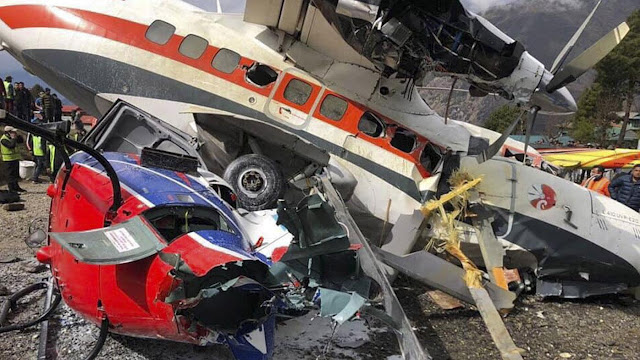Concerns Arise over Libyan Oil Production Amid Military Threats
With the country divided between two rival governments and the prospects of reunification through presidential elections uncertain until next year, politicians in the east are threatening to subject oil revenues to judicial control, preventing them from reaching the National Oil Corporation (NOC), the state-run oil firm, through the Central Bank.
Eastern politicians argue that the Central Bank disproportionately allocates oil revenues to the UN-recognized government based in Tripoli, despite the majority of oil production occurring in the east.
Richard Norland, the US special envoy to Libya, has urged the eastern factions not to disrupt oil production, emphasizing the importance of maintaining its flow.
In a speech near Benghazi, General Haftar demanded the establishment of a new "higher financial committee" to oversee the distribution of Libya's oil resources. He cautioned that if the committee was not formed by the end of August, the armed forces would be prepared to take action, implying a potential shutdown of the oil fields.
Libya currently produces 1.2 million barrels per day, with plans to increase production to 2 million barrels by 2027. European customers, seeking an alternative to Russian crude, heavily rely on Libyan oil.
Haftar's speech included criticism of the leadership of the Central Bank of Libya, accusing them of enabling widespread corruption. He also called on foreign ambassadors, specifically mentioning Richard Norland, to refrain from interfering in Libyan affairs, asserting that their interventions have been self-interested and have exacerbated divisions in the country.
Norland had previously appealed to the eastern factions to avoid halting oil production, urging Libyan leaders to establish a comprehensive mechanism for revenue control as a constructive means of addressing grievances related to the distribution of oil revenues, while ensuring transparency and preserving the non-political nature of the National Oil Corporation.
There have been rumors that Farhat bin Qadara, the chairman of the NOC appointed a year ago, may consider resigning due to political pressure. However, he appears willing to continue in his role and mediate between Haftar and the Tripoli-based government led by Prime Minister Abdul Hamid Dbeibeh, a wealthy businessman.
Haftar alleged that the central bank's data indicated significant mismanagement of funds, highlighting that a large portion of documentary credits for 2022, amounting to $10 billion, were distributed to 1,646 private companies, with only 7% going to the eastern region and a mere 2% to the southern region.
He further claimed that official audit reports revealed alarming misuse of Libyan resources, with over 200 billion dinars being distributed without benefiting the Libyan people. Haftar lamented the lack of oversight and judicial action to prevent the blatant theft of public funds, while Libyans continue to suffer from poverty and deprivation. Government spending allegedly reached 122 billion dinars, whereas oil revenues amounted to 135 billion dinars.
Given Libya's ranking of 172 out of 179 countries in the Transparency International corruption perceptions index, Haftar's newfound concern for combating corruption appears dubious.
Norland, undeterred by the personal attacks aimed at him, expressed satisfaction that his recent comments had sparked constructive debates among Libyan leaders regarding the critical issue of oil revenue distribution.





